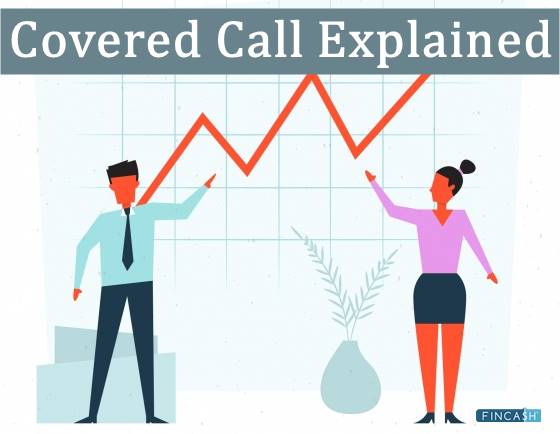
Call
What is Call?
A call can imply two aspects – one that it serves as an option contract, and the other, that it can serve as a call auction. A call auction can be defined as a specific trading method that can be utilized in Illiquid markets for determining the overall security prices.

A Call Option, on the other hand, is a right and not an Obligation. A call option is known to allow the buyer to purchase some Underlying instrument at a fixed strike price within a particular timeframe.
Understanding the Basics of a Call
As per the call meaning, a call auction is also referred to as the call Market. Call auction can be defined as a type of trading mechanism on securities exchanges. Here, the prices are determined with the help of trading during a particular time & period. A call option can be regarded as a derivative product that can be traded on some formal exchange or on the over-the-counter marketplace.
As per call meaning, the term ‘call’ can also be utilized by lenders when they are looking forward to demanding the full repayment of some secured loan.
Talk to our investment specialist
Call Option
As far as call options are concerned, the underlying instrument in the given scenario could be a bond, stock, commodity, foreign currency, or any other instrument that could be traded. The call owner receives the right, but not its obligation, for buying the underlying instruments of securities at the particular strike price within the specific period. The option’s seller is known as the “writer.” A seller is expected to fulfill the given contract while delivering the Underlying Asset in case the option has been exercised.
When the strike price on the given call tends to be less than the market price on the given exercise date, the option holder can utilize the respective call option for buying the instruments at a lower strike price. In case the market price tends to be less in comparison to the strike price, the call is known to expire unutilized and meaningless.
A call option can also be sold off before its maturity date if the same has Intrinsic Value on the Basis of the movements of the market.
Call Auction
In a typical scenario of call auction, the exchange is known to set a particular time frame that is perfect for trading some stock. Auctions tend to be highly common on small-scale exchanges with the provision of a limited availability of stocks. Buyers of the stocks are expected to determine the highest acceptable price. At the same time, the sellers are expected to determine the respective least acceptable price.
All the traders who are interested should be present at the same time. At its termination, the security becomes illiquid until the next call occurs. Government is sometimes known to employ the role of call auctions when it sells Bonds, bills, and treasury notes.
All efforts have been made to ensure the information provided here is accurate. However, no guarantees are made regarding correctness of data. Please verify with scheme information document before making any investment.












